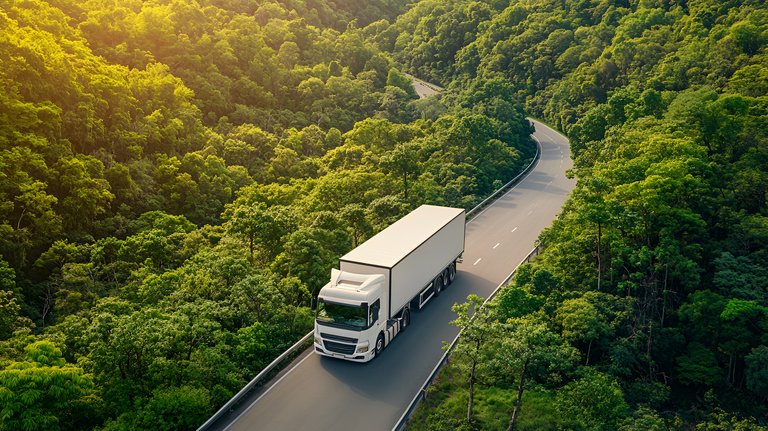Emission-free Mobility and Industry
As the world’s population continues to grow, the demand for mobility and industrial production is also rising rapidly. To meet this demand sustainably, it is crucial that mobility and industry avoid producing harmful emissions such as carbon dioxide and nitrogen oxides in the future.
A clear vision for a clean future
What does “emission-free” mean though if we can never completely prevent emissions? One thing is clear: there will never be a world without emissions. But we can reduce harmful emissions. To achieve this, we are optimizing our processes, refining our products and finding new solutions – along the entire value chain and together with our partners. Because we have a clear vision for a clean future – to make mobility and industry free of harmful emissions by 2050 at the latest.
“Sustainability is not just a principle. It is a dynamic force that requires viable initiatives to drive change,” says Dr. Steffen Schwartz-Höfler, head of Sustainability at Continental. “We understand the urgency and are promoting emission-free mobility and industry for the benefit of current and future generations.”
Further growth with fewer emissions
We are already taking a big step forward in emission-free driving: vehicles powered by electricity or hydrogen produce no direct harmful drive emissions during their use. They are the key to change – from passenger cars and light commercial vehicles to heavy commercial vehicles, trains and trams, ships and buses.
As a global technology company, we are shaping the transformation to mobility and industries free from harmful emissions with innovative solutions. This involves developing new products and enhancing our existing portfolio. A look at our latest sustainability report shows that in 2023, Continental generated sales of around €2.24 billion from its sustainable business – which primarily includes products and components for vehicles without drive emissions, but also products for wind power and photovoltaic systems, for example. This is 35 percent more than in the previous year, and we expect further growth in the future.
“We are convinced that sustainable business is the only way forward,” says Dr. Ariane Reinhart, Executive Board member for Human Relations and Sustainability. “Our goal is a healthy ecosystem for mobility and industry – for people and the environment alike.”
Back to overview sustainability.




